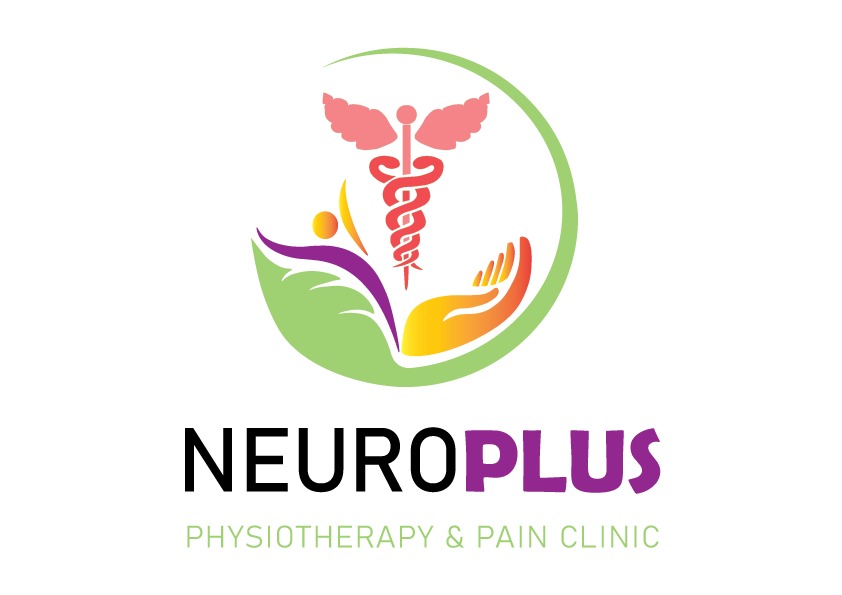Cardiac Rehabilitation
Cardiac Rehabilitation Center
Cardiac Rehabilitation is an integrated medically supervised program that helps improve the health and well-being of people who have heart problems. The programs include exercise training, education on heart healthy living, and counselling to reduce stress and help you return to an active life.
It also helps in identifying the modifiable and non-modifiable risk factors and thus helps in preventing heart diseases as well as reducing the hospitalisation.
After a thorough assessment and diagnosing the condition, the patient is subjected through a series of warm up exercises, aerobic exercises, strengthening and conditioning exercises, stretching and cool down exercises.
How frequently one should be attending cardiac rehab sessions?
The Cardiac Rehabilitation exercise sessions lasts for 1 hour and runs thrice a week. However, patients are given home exercises program which is recommended for 30- 45 minutes five times a week.
What are the tools used for monitoring the patient during the cardiac rehab session
What are the tools used for monitoring the patient during the cardiac rehab session
- Pulse measurement
- Exercise Tolerance Test
- Exercise Progress sheet
- Borg Scale/Perceived -Exertion Scale
- Blood Pressure -Measurement
- -Electro-Cardiograph (ECG)
Who can undergo cardiac rehab?
- Coronary artery bypass surgery
- Myocardial infarction (MI)
- Pacemaker implantation
- Valve replacement
- Cardiac transplant
- Percutaneous Trans 6.luminal coronary angioplasty (PTCA)
- Angina pectoris or a positive exercise test
What are the Benefits of Cardiac Rehab?
- Improvement in exercise tolerance
- Reduction in symptoms Improvement in blood lipids and glucose
- Reduction in cigarette smoking and tobacco cessation
- Improvement in psychosocial well-being and reduction of stress
- Reduction in mortality
- Improved Quality of life
- Enhanced return to work
- Reduced costs for subsequent hospitalizations
What is Included in Rehabilitation Program?
- Assessment of cardiac problems and history taking
- Education of patient and family regarding recognition, prevention and treatment of heart problems.
- Dietician guidance, -Psychological counselling.
- Supervised tailor made exercise program includes aerobic exercise (treadmill, cycle, stepper) and resistance exercise (weight cuff or theraband or body solids) with Exercise ECG monitoring and BP monitoring and if required sugar monitoring.
